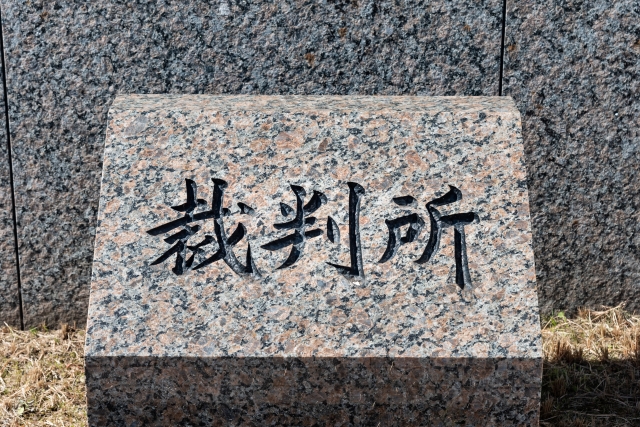DNA testing in false convictions has been used as a powerful tool to overturn wrongful convictions and prove innocence, and advances in DNA testing technology have led to the re-examination of previous evidence-based miscarriages of justice, revealing many false conviction cases.
1. The role of DNA testing in false accusations
- Strength of scientific evidence: DNA analysis analyses biological evidence left at the crime scene, such as blood, semen and hair, to see if it matches the suspect’s genes. This method provides strong proof that the suspect was at the scene of the crime.
- Clarifying false accusations: in false accusation cases, eyewitness testimony and circumstantial evidence is often incorrect; DNA testing can overturn false testimony and inaccurate evidence, and has actually proved innocence in a number of cases.
2. Well-known false accusation cases and DNA testing
- Innocence Project in the USA: In the USA, an organisation called the Innocence Project has used DNA testing to prove many false convictions: since it was established in 1989, more than 300 false conviction cases have been exonerated by DNA testing.
- Japanese cases: there have been cases in Japan where DNA testing has been introduced and proven innocent in cases of false accusation. For example, in the Ashikaga case, a man was arrested in 1991 and convicted on the basis of a DNA test, but was later released in 2009 after a new DNA test proved his innocence.
3. Problems and challenges
- Evidence preservation issues: evidence preserved in the past may have deteriorated or not been properly managed, making reappraisals difficult.
- Limitations of identification techniques: DNA identification techniques are also not infallible and errors can occur with mixed DNA or trace samples.
Summary
DNA testing is an important tool for preventing false accusations and achieving justice, but it requires proper preservation and careful analysis of evidence. DNA testing will continue to play an increasingly important role in helping victims of false accusations.
If you are interested in specific incidents or more detailed information, further in-depth research is recommended.
Latest Articles
Supervisor of the article

Dr. Hiroshi Oka
Graduated from Keio University, Faculty of Medicine
Doctor of Medicine
Medical Doctor









